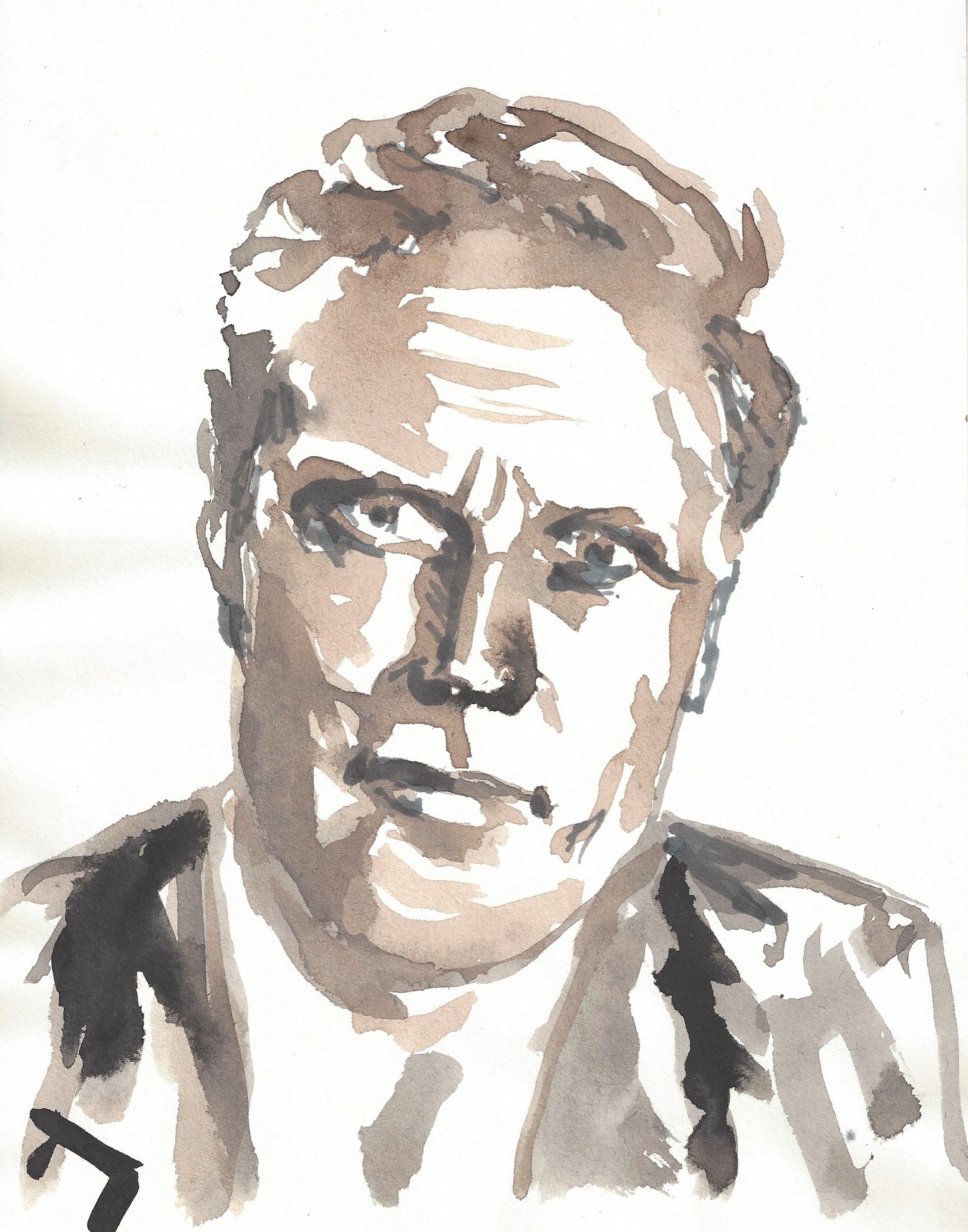1.1.3 Ne cuiuis dextram inieceris
Desiderius Erasmus, Adagia- first edition 1508
1.1.3 Do not hold anyone right
Offer not your hand to any one with whom you may casually associate. This is in fact only an extension of the sense of the first apothegm, by which we were admonished not lightly, or unadvisedly, to admit any one to an intimacy, ” for with your hand you should give your heart.” ” Deligas enim tantum quern diligas,” you should chuse as friends only such persons as are worthy of your love, and when you have found such, as Polonius advises his son Laertes,
” Grapple them to thy soul with hooks of steel,”
for ” amicus est magis necessarius quam ignis et aqua,” a friend is more necessary to us than fire and water, without which, we know, we cannot even exist. From a want of making this selection, and of being well acquainted with the characters of the persons whom we admit to this intimacy, arises the frequent complaint of the perfidy of friends. ” Qui sibi amicus est, scito hunc amicum omnibus esse,” he who is a friend to himself is a friend to every one to whom he professes to be so. If tli is apothegm of Seneca should not be admitted to its full extent, it will at the least be allowed, that he who is not a friend to himself, should not be expected to be a friend to any one besides. For how should a man be a friend to strangers, who neglects what is necessary for the comfortable subsistence of himself and family ? In short, to be a friend it is necessary that a man should shew himself to be a reasonable and a good moral man, fulfilling his duty to God, to his country, and to himself. Such a man, to adopt the lan- guage of Montaigne, ” is truly of the cabinet council of the Muses, and has attajned to the height of human wisdom.” If these rules in the choice of our friends be followed, few persons will have reason to complain of their faithlessness. If it should be said that such characters are rare, it then follows, that there are but few persons with whom we should enter into that close intimacy which is designated by the term friendship.
1.1.3 houd niemand goed
Geef uw hand niet aan iemand met wie u terloops kunt communiceren. Dit is in feite slechts een uitbreiding van de betekenis van de eerste apothegm, waarbij we niet licht of onverstandig waren om iemand tot intimiteit toe te geven, ‘omdat je met je hand je hart moet geven’. ‘Deligas enim tantum quern diligas’, je moet alleen als vrienden chanten als mensen die je liefde waard zijn, en als je dat hebt ontdekt, zoals Polonius zijn zoon Laertes adviseert,
“Grijp ze op je ziel met stalen haken”
want ‘amicus est magis noodzakarius quam ignis et aqua’ vereist meer een vriend voor ons dan vuur en water, zonder welke we weten dat we niet eens kunnen bestaan. Uit de wil om deze keuze te maken en goed bekend te raken met de karakters van de individuen die we aan deze intimiteit toegeven, ontstaat de veelgehoorde klacht van het verraad van vrienden. “Qui sibi amicus est, scito hunc amicum omnibus esse”, hij die een vriend voor zichzelf is, is een vriend voor iedereen die hij beweert te zijn. Als tli een apotheek van Seneca is, mag het niet volledig worden toegestaan, het zal in ieder geval worden toegestaan dat van hem die geen vriend voor zichzelf is, niet wordt verwacht dat hij voor iedereen een vriend is. Want hoe moet een man een vriend zijn voor vreemden die negeert wat nodig is voor het comfortabele bestaan van zichzelf en zijn gezin? Kortom, om een vriend te zijn, moet een man laten zien dat hij een redelijke en goede morele man is, die zijn plicht jegens God, zijn land en zichzelf vervult. Zo’n man, om de taal van Montaigne aan te nemen, ‘is waarlijk van de kabinetsraad van de Muzen en heeft menselijke wijsheid verworven’. Als deze regels worden gevolgd bij het kiezen van onze vrienden, zullen maar weinig mensen reden hebben om te klagen over hun ontrouw. Als we willen zeggen dat zulke karakters zeldzaam zijn, dan volgt daaruit dat er maar weinig personen zijn met wie we ons moeten engageren in de intieme intimiteit die wordt aangeduid met de term vriendschap.
1.1.3 Don't give your hand to someone you can casually interact with.
Don’t give your hand to someone you can casually interact with. This is in fact only an extension of the meaning of the first apothegm, whereby we were not lightly or unwise to admit someone to intimacy, “because with your hand you should give your heart.” ‘Deligas enim tantum quern diligas’, you should only chant as friends as people worthy of your love, and if you have found that, as Polonius advises his son Laertes,
“Grab them on your soul with steel hooks”
for ‘amicus est magis necessarius quam ignis et aqua’ requires a friend more for us than fire and water, without which we know we cannot even exist. From the will to make this choice and to become well acquainted with the characters of the individuals we admit to this intimacy arises the much-heard complaint of the betrayal of friends. “Qui sibi amicus est, scito hunc amicum omnibus esse”, he who is a friend to himself is a friend to everyone he claims to be. If tli is a pharmacy of Seneca, it should not be allowed to its full extent, it will at least be allowed that he who is not a friend to himself is not expected to be a friend to anyone. For how should a man be a friend to strangers who ignores what is necessary for the comfortable existence of himself and his family? In short, to be a friend, a man must show himself that he is a reasonable and good moral man, who fulfills his duty to God, his country, and himself. Such a man, to adopt the language of Montaigne, “is truly of the cabinet council of the Muses, and has attained human wisdom.” If these rules are followed when choosing our friends, few people will have reason to complain about their infidelity. If it is to be said that such characters are rare, it follows that there are few persons with whom we must engage in that close intimacy referred to by the term friendship.





